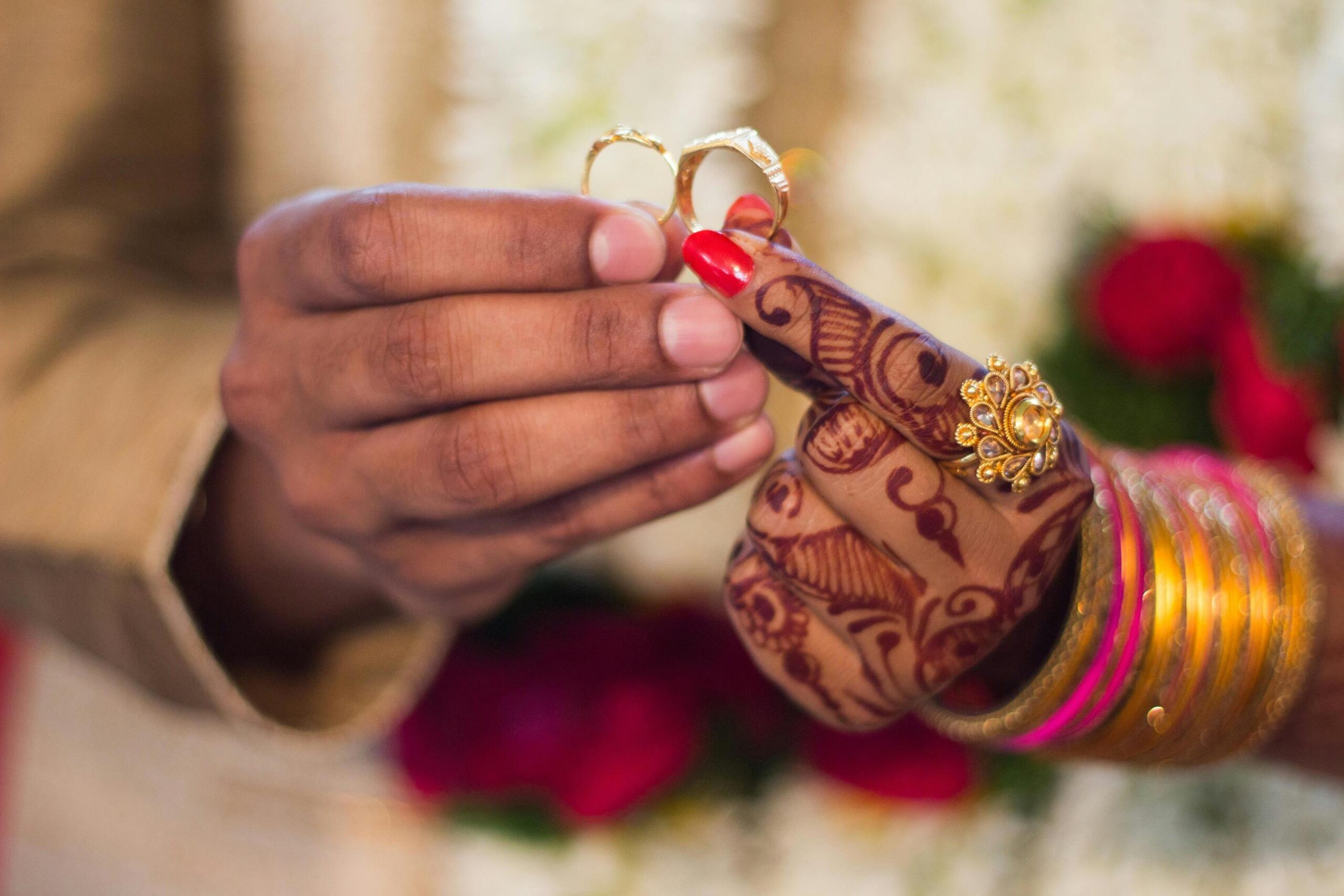It’s something that may have briefly crossed your mind, and whilst the thought of your marriage failing is not pleasant (and certainly something we don’t wish on anyone), it’s important to be aware of your rights in a separation, particularly in a marriage where there are children involved and you are both from different cultures.
In the past decade or so, there has been an increasing trend of mixed marriages in Dubai.
With the growth in the expat community and the mingling of people from different faiths, mixed marriages are inevitable. There is nothing wrong with mixed cultural marriages, but as we all know too well, there will always be the old school thinkers who may not approve of or endorse such unions.
An important consideration in mixed marriages is the impact on children and also the parties’ rights in respect of children during the marriage and in the event of a breakdown in the relationship. As Dubai is an Islamic country, in this article, I will explore the considerations of entering into a marriage with a Muslim spouse.
A Muslim man may marry a non-Muslim woman who is a ‘woman of the book’ with no obligation for her to convert. However, if the woman is not of the book, in order for the marriage to be valid, she is required to convert to Islam. For the purposes of Islamic law, say if a Christian man and a Muslim woman wish to get married, a Christian man will have to convert to Islam before the marriage.
Where marriages are being conducted as per Islamic law, a valid UAE residence visa must be held by at least one of the parties. The bride’s father (or his attorney) or guardian, will have to accompany the couple to the Marriage Section of Dubai Court, along with two male Muslim witnesses, their passports and copies, copies and identification papers for the father/ guardian and witnesses and proof of divorce or the death certificate of a former spouse, if this is applicable. It should be noted that when the bride to be is a Muslim and her father is a non-Muslim, she will have to produce a no-objection letter from her embassy in Arabic, attested by the Ministry of Foreign Affairs, to take to the marriage section.
In mixed marriages, it is important to consider the impact on children especially if there is breakdown in the relationship. Under Sharia law and pursuant to the Federal Law No 28 of 2005 concerning Personal Status, Articles 142 – 158 deal with issues in relation to the child’s custody. The mother is usually the custodian of a child and is responsible for keeping, bringing up and taking care of the child. Following separation, if the child is to remain with the mother, she must not marry another man without the father’s express consent to her retaining custody of the children if she does remarry.
The mother must also unite with the child in religion. In Islam, the child is deemed to be of the same religion as the father, particularly if the father is Muslim and the mother is not. Therefore, a Muslim father (where the mother has not converted) may claim custody of the child at age five Islamic years but he must have an appropriate female carer to care for the child once custody is granted to him.
It is also important to be aware that under Sharia Law, the father is always the Guardian of the child with roles such as supervising, protecting, raising, educating and directing the child’s life. If the mother wishes to take the child for travel out of the UAE, she would need the father’s consent. If the consent is not provided by the father and the mother takes the child out of the country, this could amount to child abduction. No doubt you would not want issues involving children to escalate to the point where one of you resorts to the Courts and therefore, it is vital to be aware of such information.
There are various other considerations that you would need to be aware of whilst living in Dubai in a mixed cultural marriage. Please do get in touch with us if you require any specific advice.
This article was originally posted on BrideClubeme.com.

Head of Family Law / Senior Consultant

